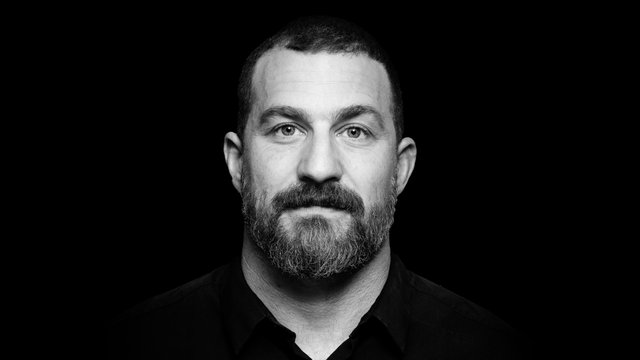
Dr. Andrew D. Huberman is an accomplished neuroscientist and a tenured professor at Stanford University School of Medicine. He is renowned for his research in the areas of brain development, plasticity, and repair, with a particular focus on the visual system. Some of his notable contributions include the investigation of the mechanisms by which light activates the brain's circadian and arousal centers
✅ 1. Wake-up - Wake up naturally between 5:30 am and 6:30 am. Avoid using alarms.
✅ 2. Morning Hydration - Drink 2 glasses of water.
✅ 3. Yoga Nidra - If you wake up not fully rested, Yoga Nidra can help you achieve a sleep-like state and replenishes dopamine, reduces cortisol, reduces total sleep need. 10 minutes
✅ 4. Sun Exposure - 2-10 minutes of sunlight exposure while walking for optic flow. Use an artificial light if the sun has not yet arisen. Get sunlight when it is available.
✅ 5. Cold Exposure - Cold exposure can be done as an ice bath or a shower. Ice baths have been shown to be more effective but cold showers can work too. 1X weekly, 1-3 min.
✅ 6. Workout - While it's important to customize the routine to fit your personal needs, be sure to maintain the overall goals of the schedule. The specific days of each workout can be adjusted, but it's important to maintain proper spacing between exercises. 60 minutes.
✅ 7. Morning Caffeine - Delay caffeine or tea Intake by 2 hours after waking for adenosine regulation.
✅ 8. First Meal - Practice Intermittent Fasting. Usually fast for 12-16 hours, and have your first meal early afternoon.
✅ 9. First Meal - Practice Intermittent Fasting. Usually fast for 12-16 hours, and have your first meal early afternoon.
✅ 10. Yoga Nidra - Optional: If you are still feeling unrested, do another 10-30 minute Yoga Nidra session.
✅ 11. Evening Cardio - According to Dr. Huberman, it may be more beneficial to do cardio workouts in the evening instead of weight training. However, he emphasizes that it's important to do what feels comfortable for you. He also mentions that there could be some advantages to doing a morning workout and saving cardio for the evening.
✅ 12. Evening Meal - Eat 3-4 hours before bedtime
✅ 13. Dim lighting - Avoid viewing bright lights—especially bright overhead lights between 10 pm and 4 am.
✅ 14. Sleep - According to Dr. Huberman sleep is the best nootropic, stress relief, trauma release, immune booster, hormone augmentation, and emotional stabilizer. On average 6-7 hours.